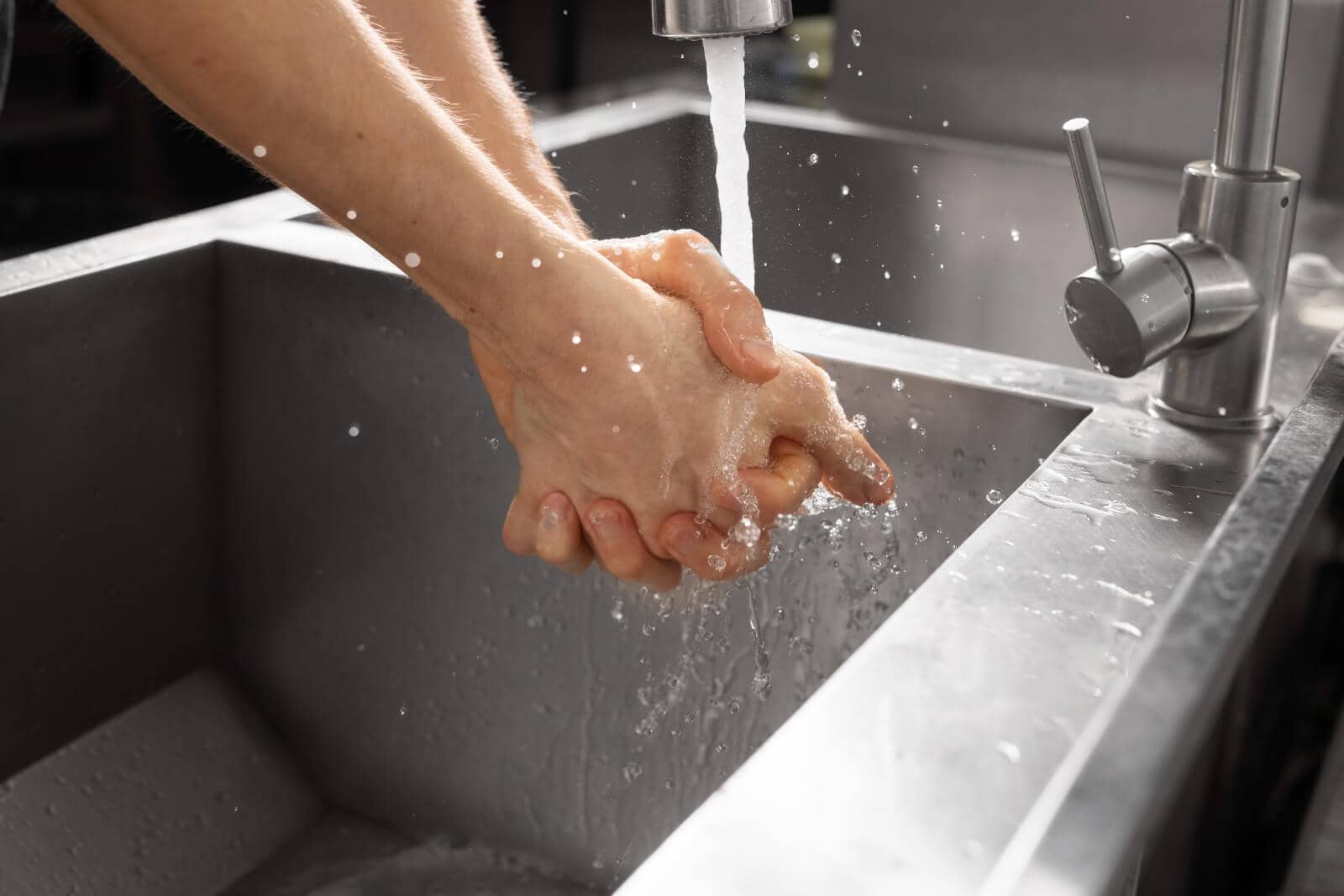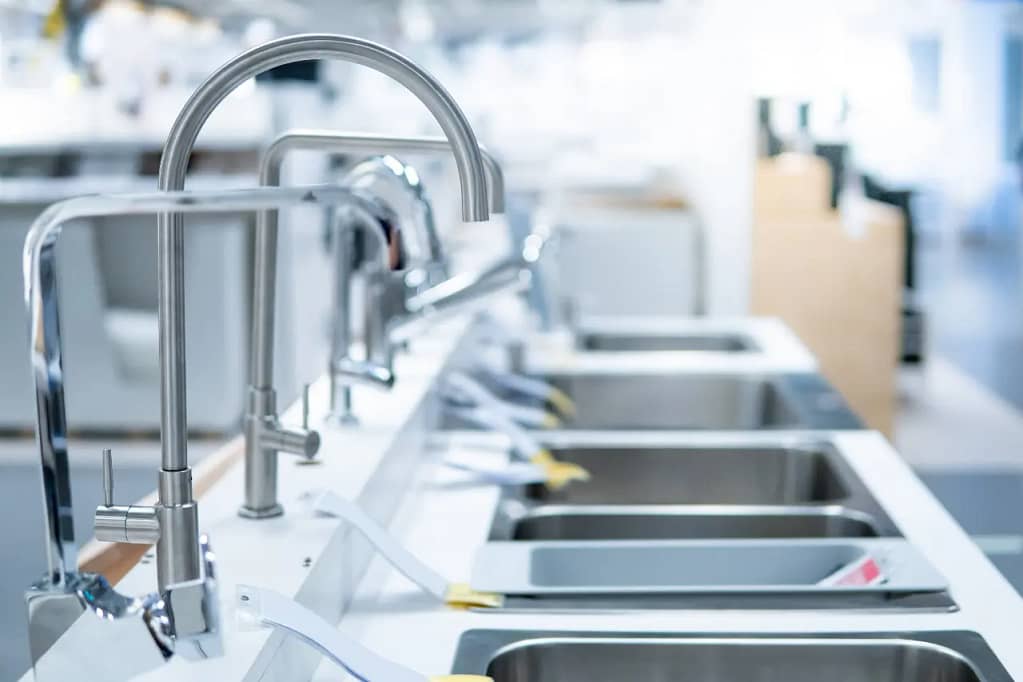

This type of sink is distinguished by its robustness and resistance, designed to withstand intensive use in commercial environments and comply with industry hygiene and safety standards, while the conventional sink is more common in residential settings and has more aesthetic characteristics. featured.
The most recommended material for industrial sinks is stainless steel. This material offers durability, resistance to corrosion and ease of cleaning, meeting the hygiene and safety standards required in commercial environments.
When installing a sink, it is important to consider the proper installation of plumbing and drainage systems to ensure proper water flow and prevent leaks. In addition, safety rules and regulations must be followed, such as the installation of splash guards and adequate signage to prevent accidents in the washing area.
To properly maintain and clean this type of sink, it is recommended to follow the following steps:
Use suitable cleaning products: Select non-abrasive and non-corrosive cleaners that are safe for stainless steel, avoiding the use of harsh chemicals that can damage the material.
Clean regularly: Perform a daily cleaning to remove debris and surface stains. Use a soft cloth or non-abrasive sponge with warm water and mild soap to clean the surface of the sink.
Rinse and dry properly: Be sure to rinse your sink thoroughly after cleaning to remove any soap residue. Then, dry the surface with a clean, dry cloth to prevent water spots from forming.
Avoid using sharp objects: Do not use sharp objects, such as knives or abrasive scouring pads, as they can scratch or damage the surface of the sink.
Maintain hygiene: Remember to always maintain good hygiene when using the industrial sink. Wash your hands properly before and after use to avoid cross contamination.
By following these tips, you will be able to keep your industrial sink clean, in good condition and prolong its useful life.